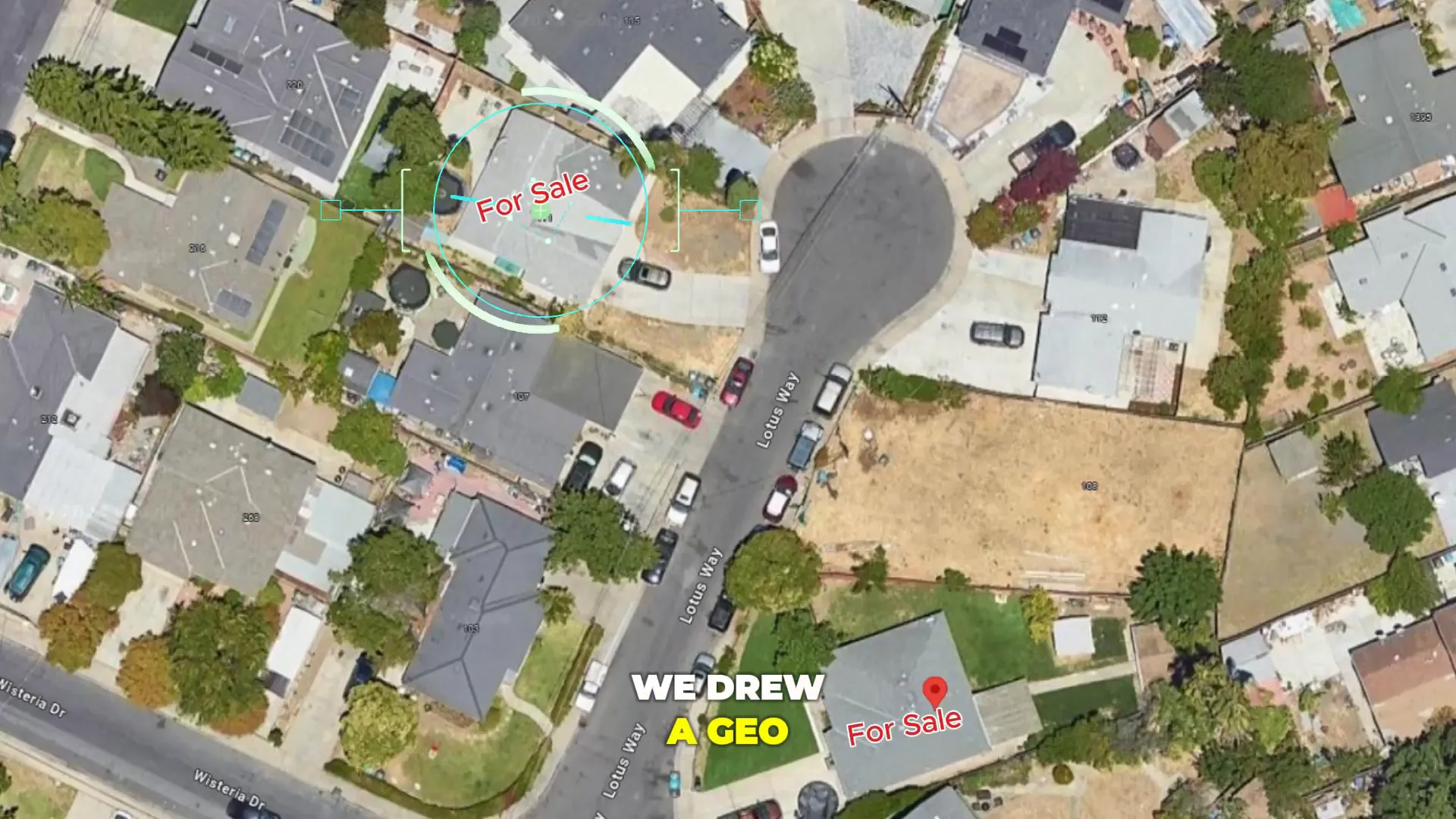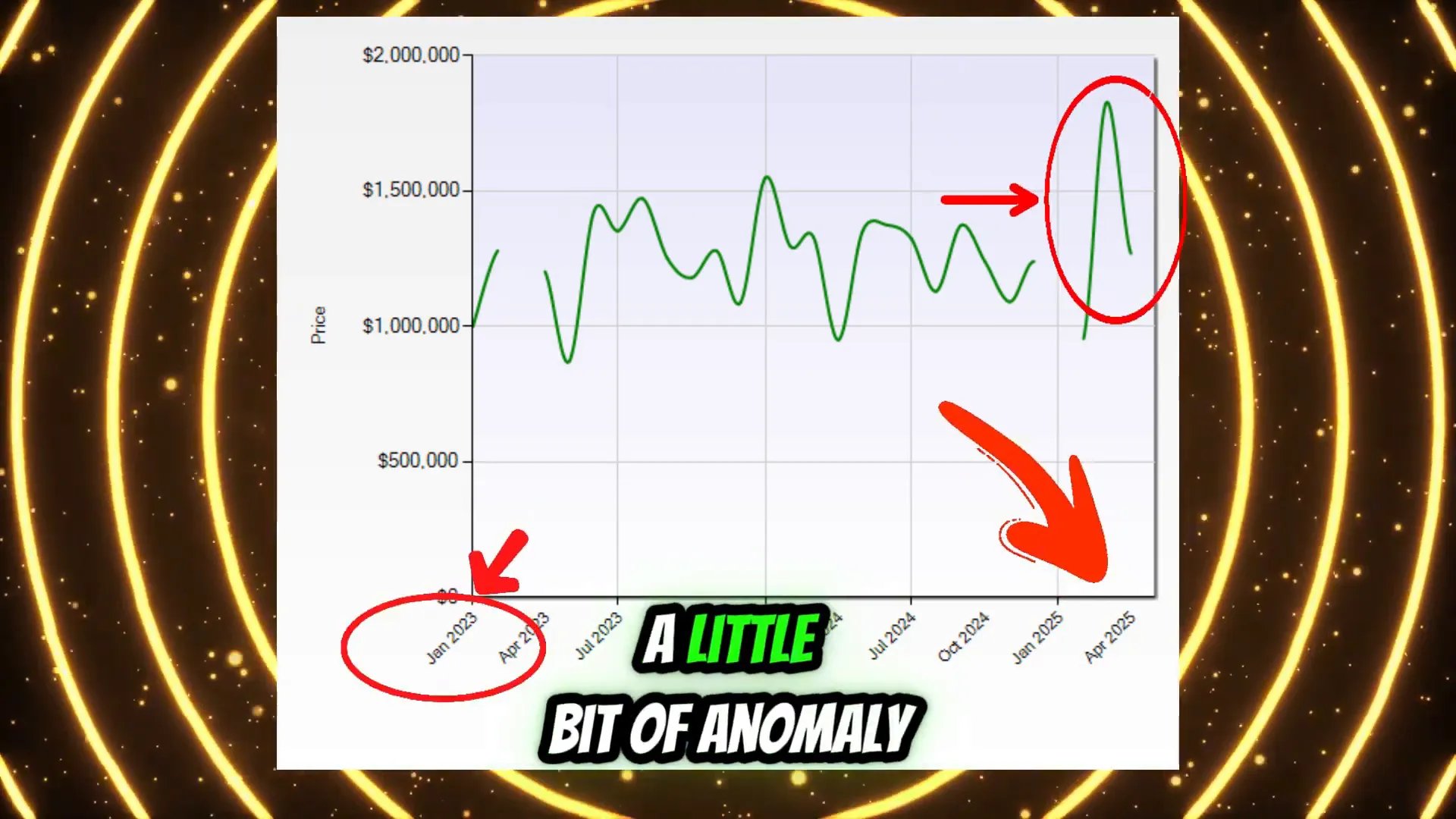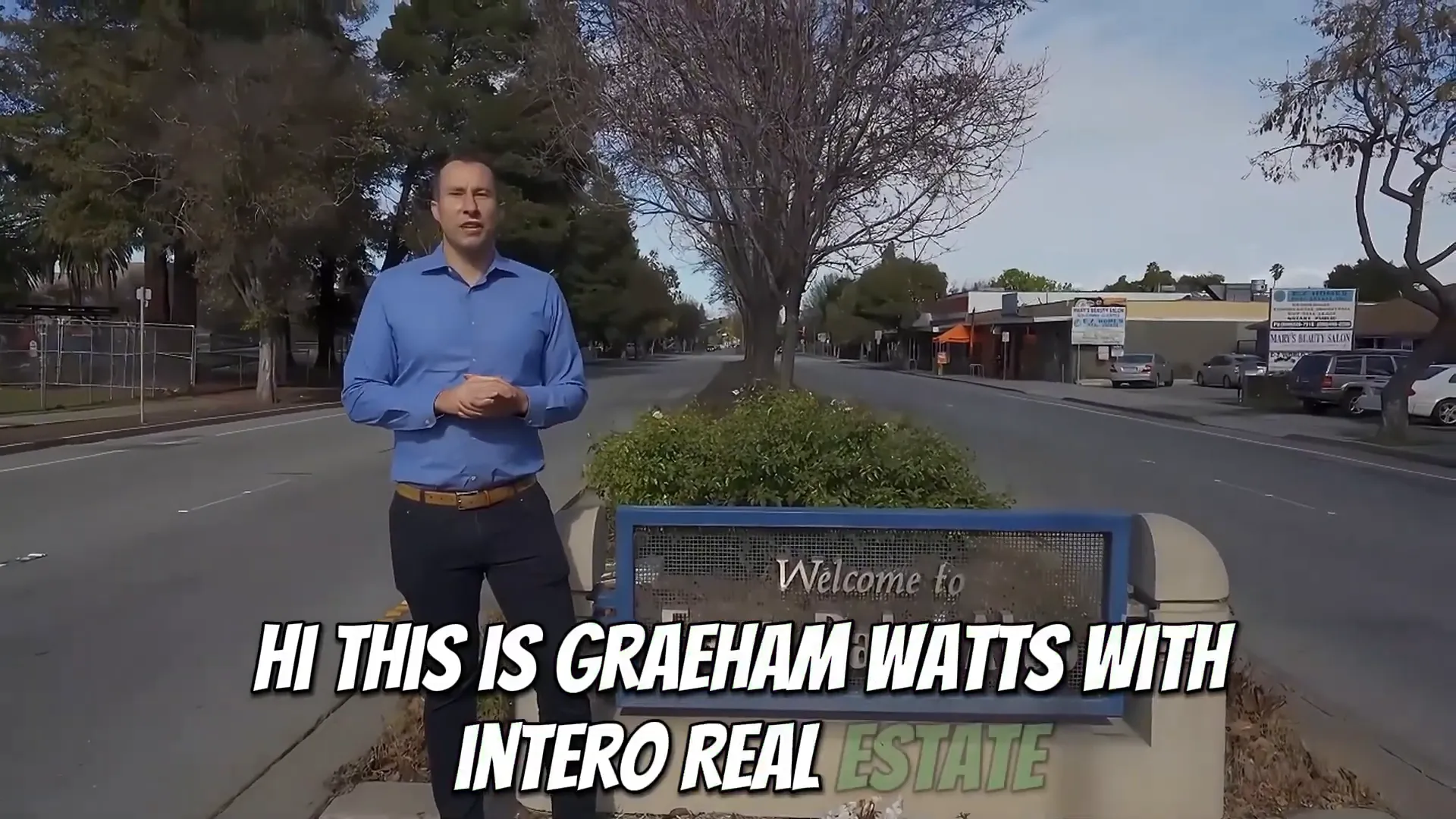Understanding California Landlord Rights to Enter a Property
Understanding California Landlord Rights to Enter a Property
Today, we're going to discuss an important topic that may seem a bit dry, but it is crucial for both landlords and tenants to be aware of. We will be exploring the rights that landlords have to enter a property in the state of California, as defined by chapter two, section 1954 of the civil code.
Lawful Reasons for Landlords to Enter a Property
Landlords have specific circumstances in which they are allowed to enter a property. These circumstances include:
- Emergency situations
- Necessary repairs, decorations, alterations, or improvements
- Showcasing the unit to potential buyers, mortgagees, tenants, workers, or contractors
- Inspection in compliance with California security deposit laws, especially when the property has been abandoned or surrendered by the tenant
- Complying with a court order
- Water conservation and submetering purposes as stipulated in the California civil code section 1954.201
- Building inspection requirements related to elevated elements and load-bearing components as per health and safety code sections 17973
It is important to note that landlords are not permitted to abuse or harass tenants using these rights.
Normal Business Hours and Tenant Consent
Under normal circumstances, landlords can only enter a property during regular business hours. However, there are exceptions for emergencies or when the tenant has abandoned or surrendered the premises. Outside of normal business hours, landlords must obtain the tenant's consent at the time of entry to gain access. The tenant's agreement must be given for the lawful reasons mentioned earlier.
Twenty-Four Hour Advance Notice
Prior to entering a tenant's property, landlords must provide reasonable written notice. This notice should specify the date, approximate time, and purpose of entry. Unless the tenant has given consent for entry outside of normal business hours, landlords can only enter during these hours. The notice can be personally delivered, left with someone of suitable age at the property, or placed in an obvious location near the main entry door. A twenty-four-hour notice is generally considered reasonable, unless there is evidence to suggest otherwise.
Notice by Mail
If landlords choose to give notice by mail, the notice must be sent at least six days before the intended entry. This timeframe is typically deemed reasonable, unless there is evidence to the contrary.
Showing the Property
If the purpose of entry is to showcase the property to potential buyers, oral notice either in person or by telephone is considered acceptable. However, this is only valid if within the previous one hundred and twenty days, the landlord has given written notice to the tenant, stating that oral notification may occur. As previously mentioned, a twenty-four-hour notice is generally presumed reasonable, unless proven otherwise. Additionally, the landlord or agent must leave written evidence of entry inside the unit at the time of entry.
Maintenance and Repairs
In the case of repairs or services, tenants and landlords may orally agree to an entry. This agreement should clearly state the date and time, and it must occur within one week of the agreement. In such situations, written notice is not required.
When is Notice Not Required?
There are specific situations in which landlords are not obligated to provide notice. These include:
- Emergency response
- Tenant's presence and consent to entry at the time
- Tenant's surrender or abandonment of the property
Before taking any action or sending notice, it is advisable to consult with an attorney to ensure compliance with the law. Remember, I am not able to provide legal advice, but I hope you find this information helpful.
Conclusion
Understanding California landlord rights to enter a property is essential for both landlords and tenants. By familiarizing yourself with the lawful reasons for entry, requirements for notice, and exceptions to notice requirements, you can ensure a smooth and compliant landlord-tenant relationship. If you found this information helpful, don't forget to like and subscribe for more updates on California real estate. For a list of available properties in the Bay Area, click on the link below. And if you're interested in a free home evaluation, click on the link below. Thank you for reading!
Categories
- All Blogs (314)
- Client Testimonials (19)
- East Palo Alto (81)
- Graeham Watts Home Tours (23)
- Home Buyer's Process (34)
- Home Tours (28)
- Houses for sale in East Palo Alto (13)
- Investing (18)
- Landlord and Tenant Info (9)
- Menlo Park (49)
- Personal (5)
- Real Estate Questions Answered (91)
- Real Estate Tips (86)
- Redwood City (85)
- San Mateo County (10)
- Seller's Process (22)
Recent Posts










GET MORE INFORMATION

